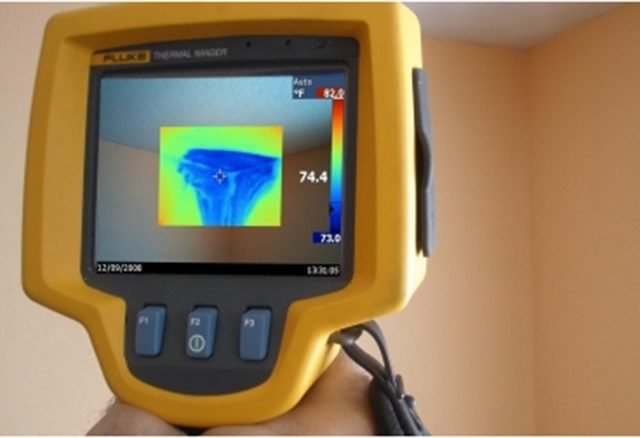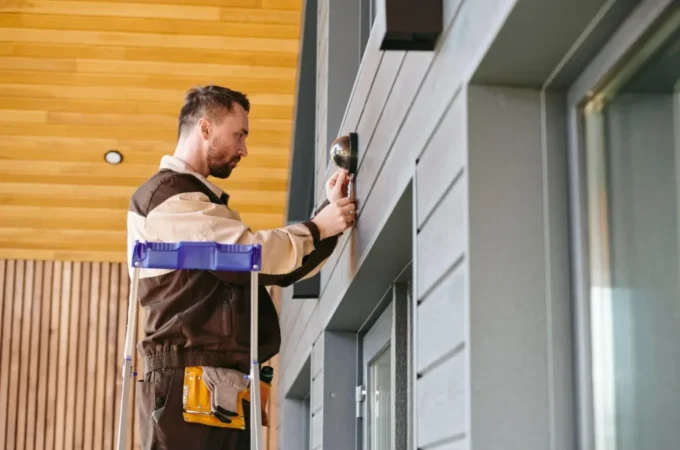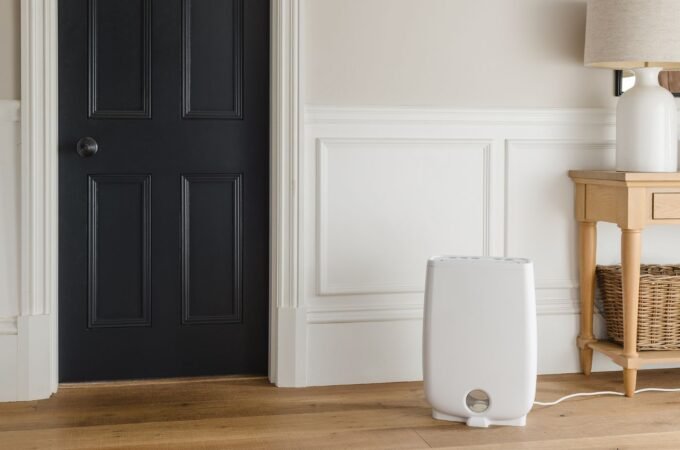
How to Detect Water Leaks
If you have ever looked at your water bill and wondered why it’s so high when you’re hardly home or consumption has pretty much remained the same? There’s a good chance that there may be a water leak somewhere in your home. Some water leaks are obvious like a dripping tap which you can see and hear but there are instances where pipes hidden away may have the smallest of leak which adds up to water wastage and higher water bills. In most instances, residents find out about the leak too late when paint starts to splinter because of water damage over a period of time.
Here’s some things that you can check if you suspect that you have a water leak before calling out your local plumber to inspect your property.
Table of Contents
ToggleLeaking Faucets
Leaking faucets generally happen when rubber washers are worn out. Washers in sinks are usually easy to replace and for those home handypersons will probably find that they already have the tools to do to the job.
Leaking Toilets
If the toilet even has the smallest of leaks, you may not notice or hear that water is constantly flowing. Keep a close eye on the toilet to see whether you can identify any water leakage. If you can’t see any leakage or suspect that there might be one, you can try adding some form of colouring to the water like toilet cleaning fluid which might be blue where you can then see if there is a leak flowing through to the bowl.
General Leaks
It is common that properties may move slightly over time, the ground may move when there are heavy rains which the more obvious effects are cracks in walls or even wall tiles. Similarly, there could be pipes that are affected from the movements. In some cases a leaking pipe may be the cause.
While not all leaks are visible on the surface, there are some indications that you may have a leak. Some rooms may have a damp feeling and if you notice damp carpets or warping floorboards, it may be a sign that the concrete or ground underneath is very moist possibly due to a water leak. If you check and feel around the house, you may find some places that feel damp where they shouldn’t be, or even some mould forming.
Saving the best advice for last:
Check your water meter! Check all of your outlets around the house. Turn off all the taps and you can even turn off the water that goes to your hot water system. Now that you are sure that everything is off and there should not be any water flowing, check your mains water meter. You may have to keep checking for a short period because a larger leak will be more obvious but in the event of a small leak, the meter will run very slowly and may seem normal unless you are patient and wait to make sure. For a more technologically advanced approach, consider using bluebot, a smart water monitoring system that can help detect and notify you of any irregularities in your water usage, potentially pointing out leaks.






